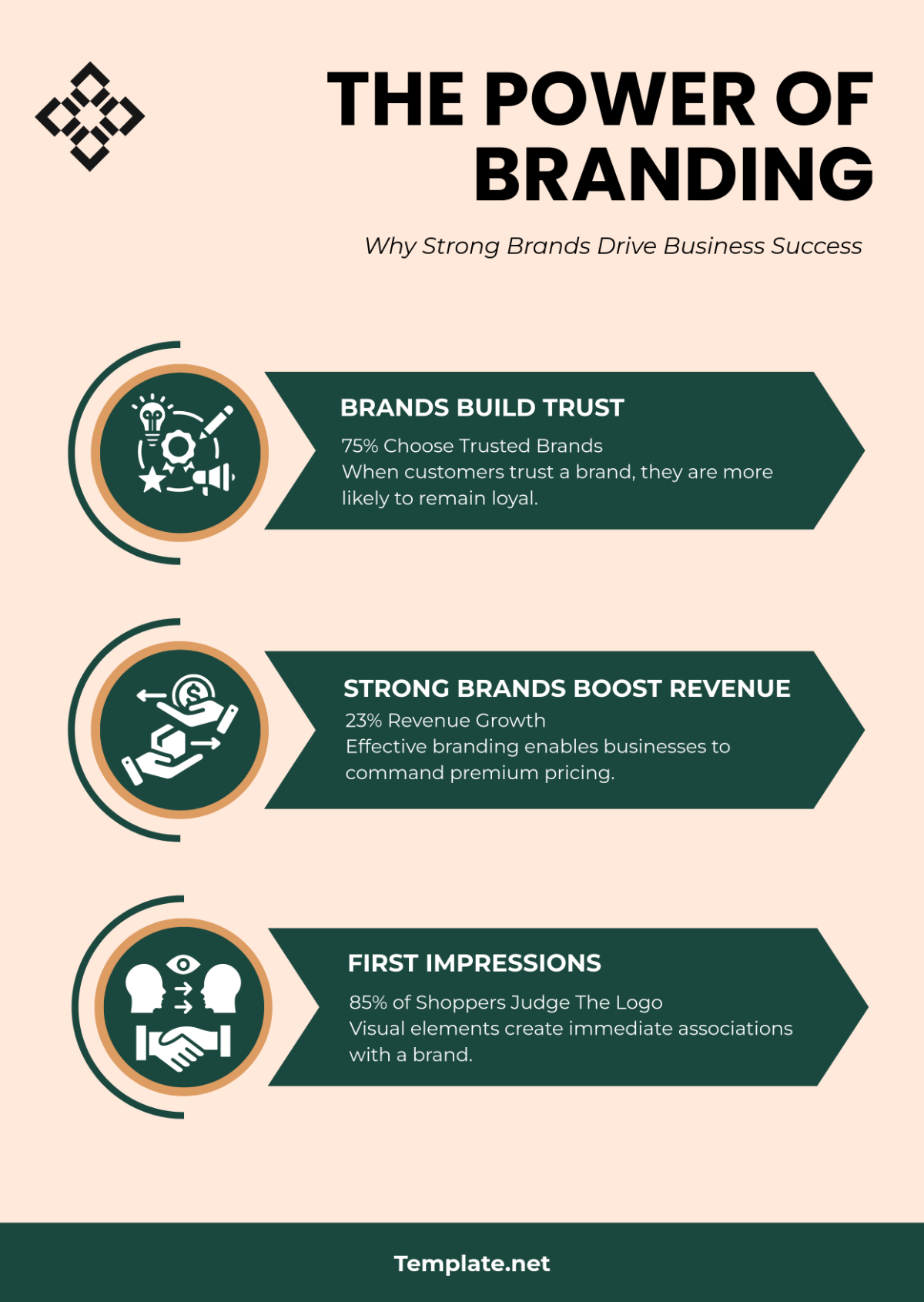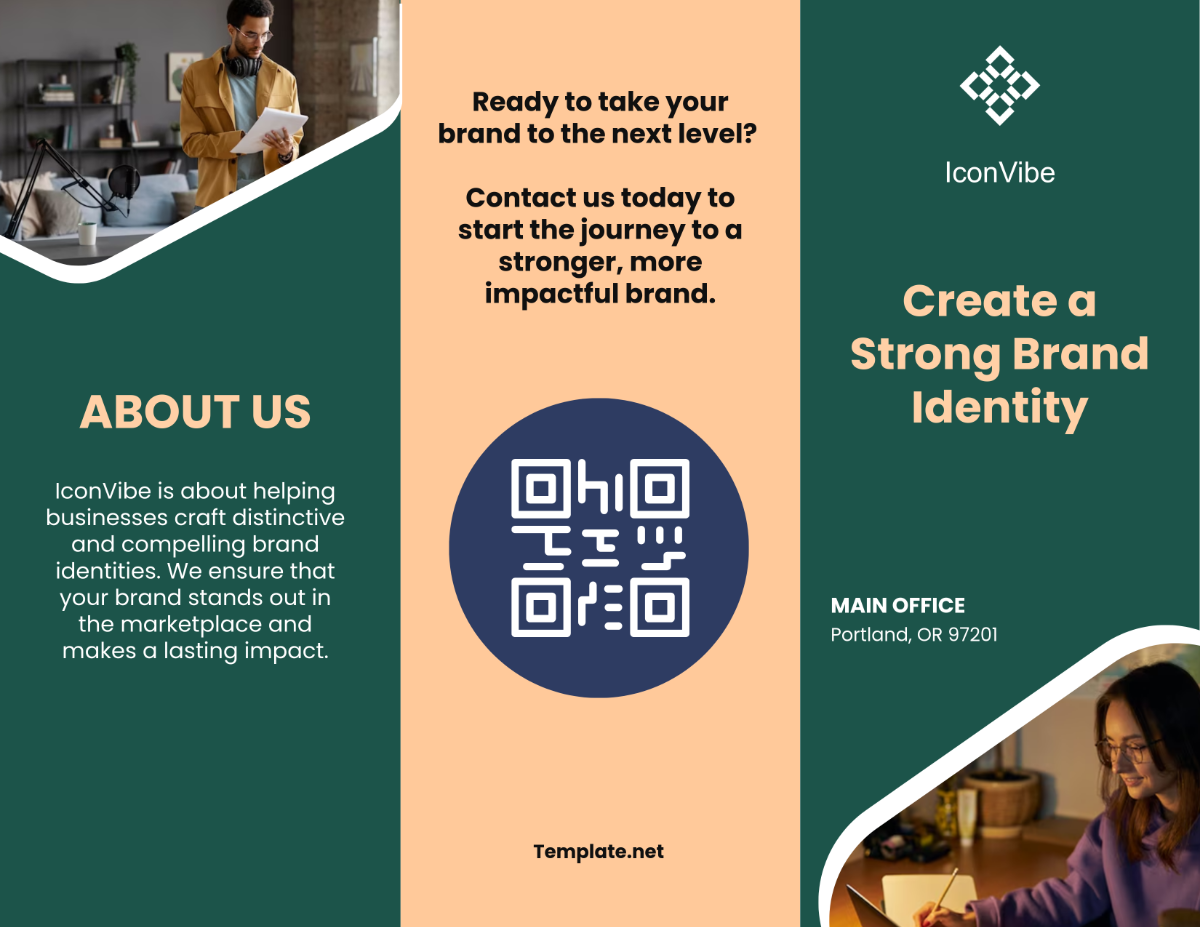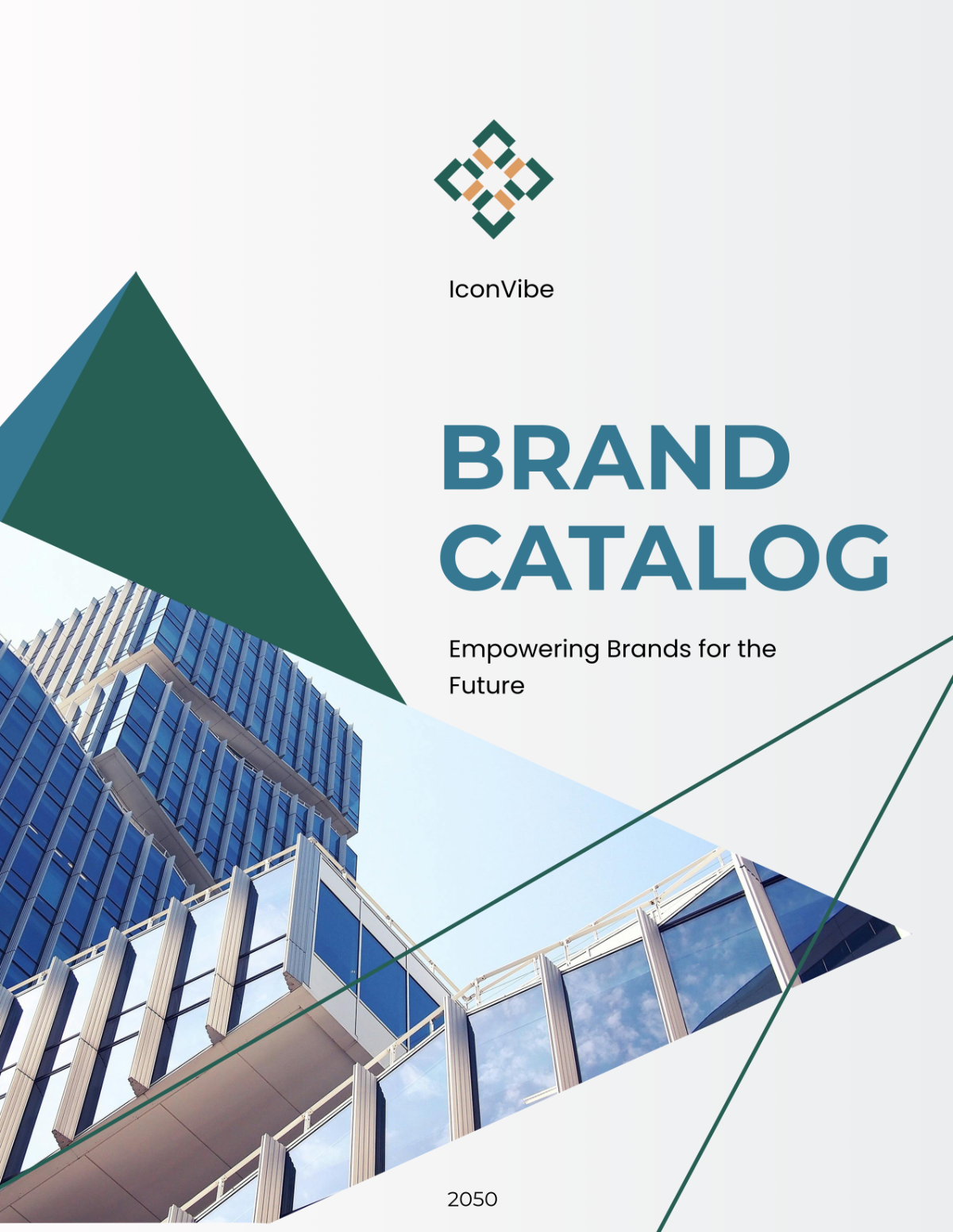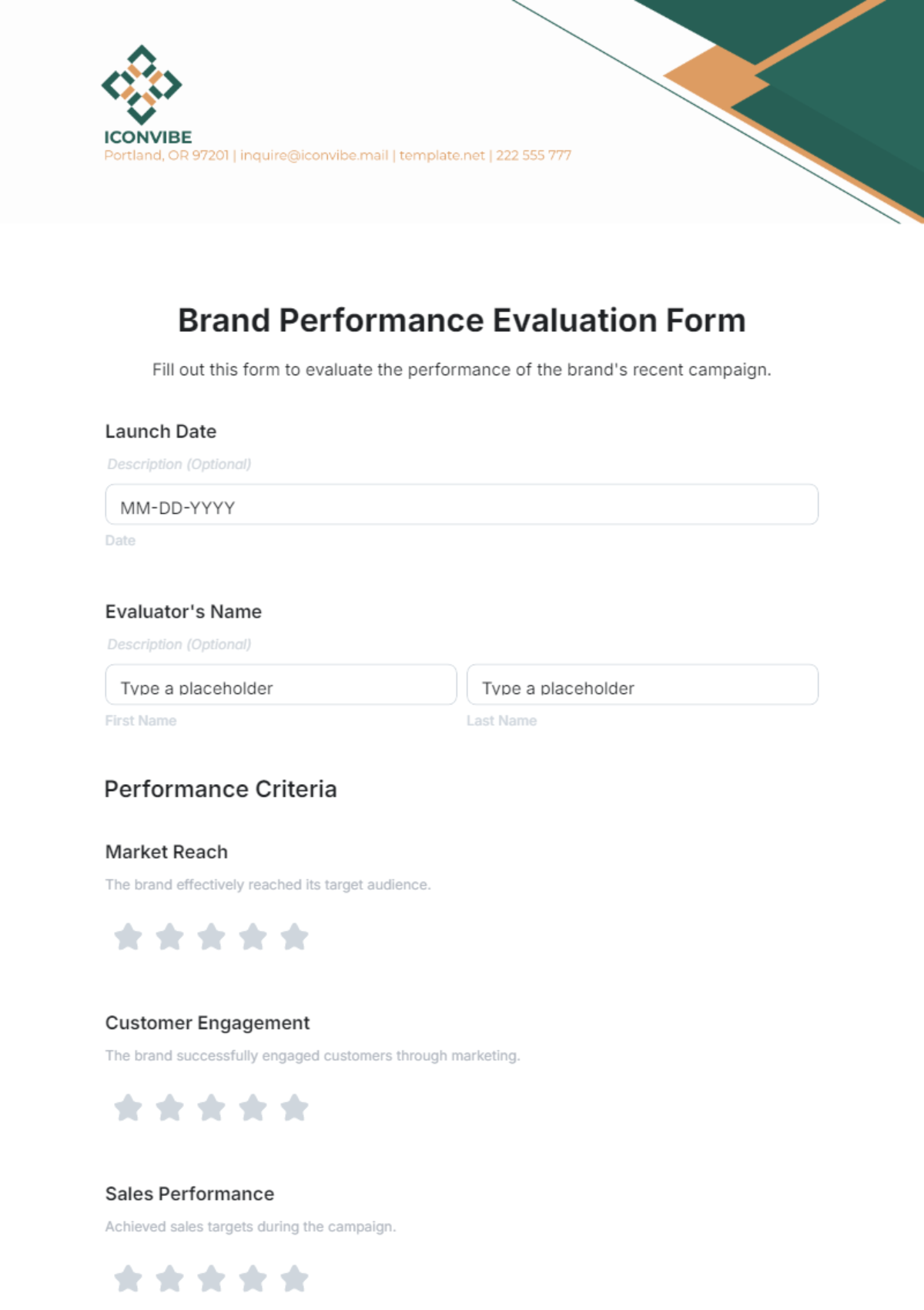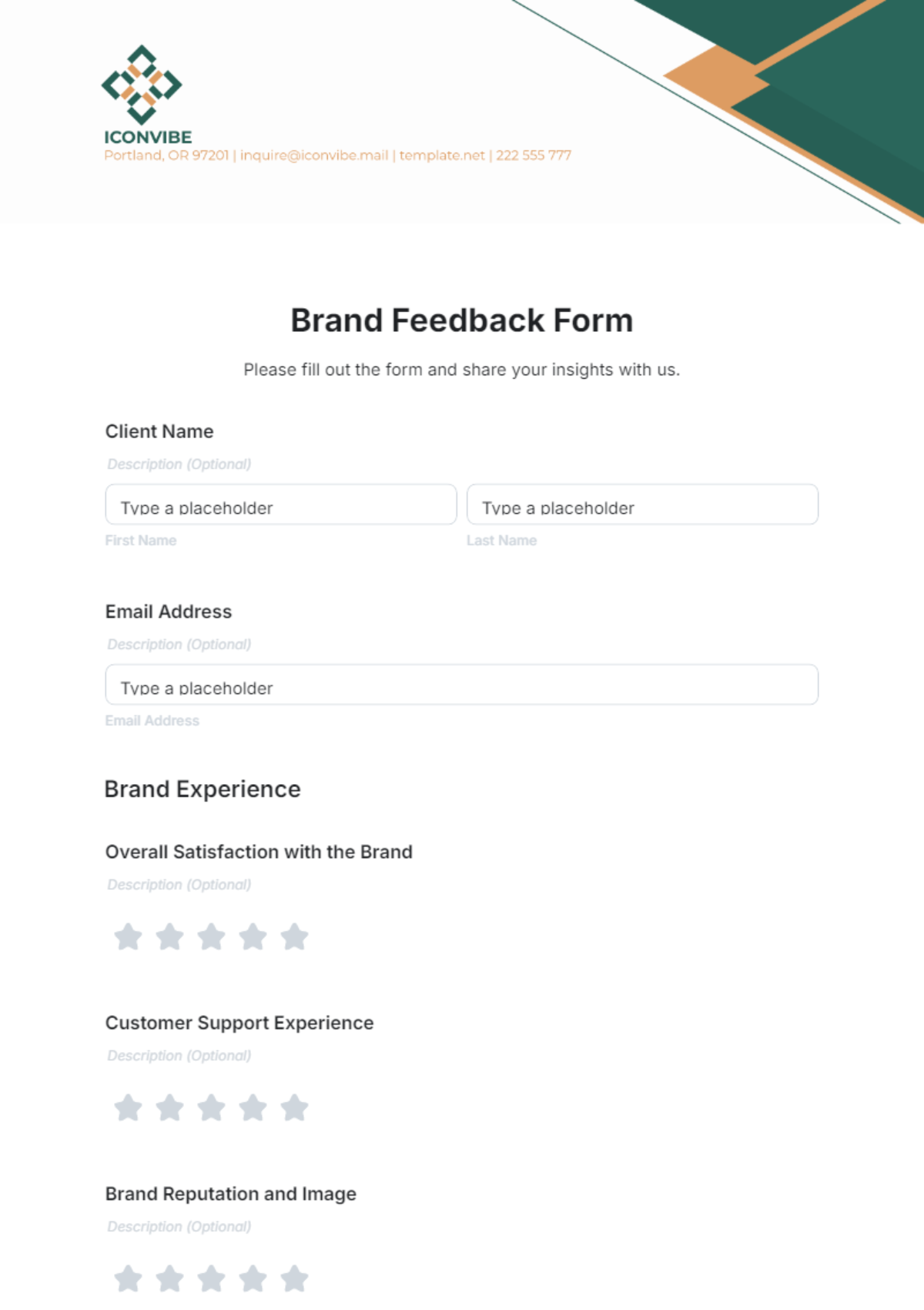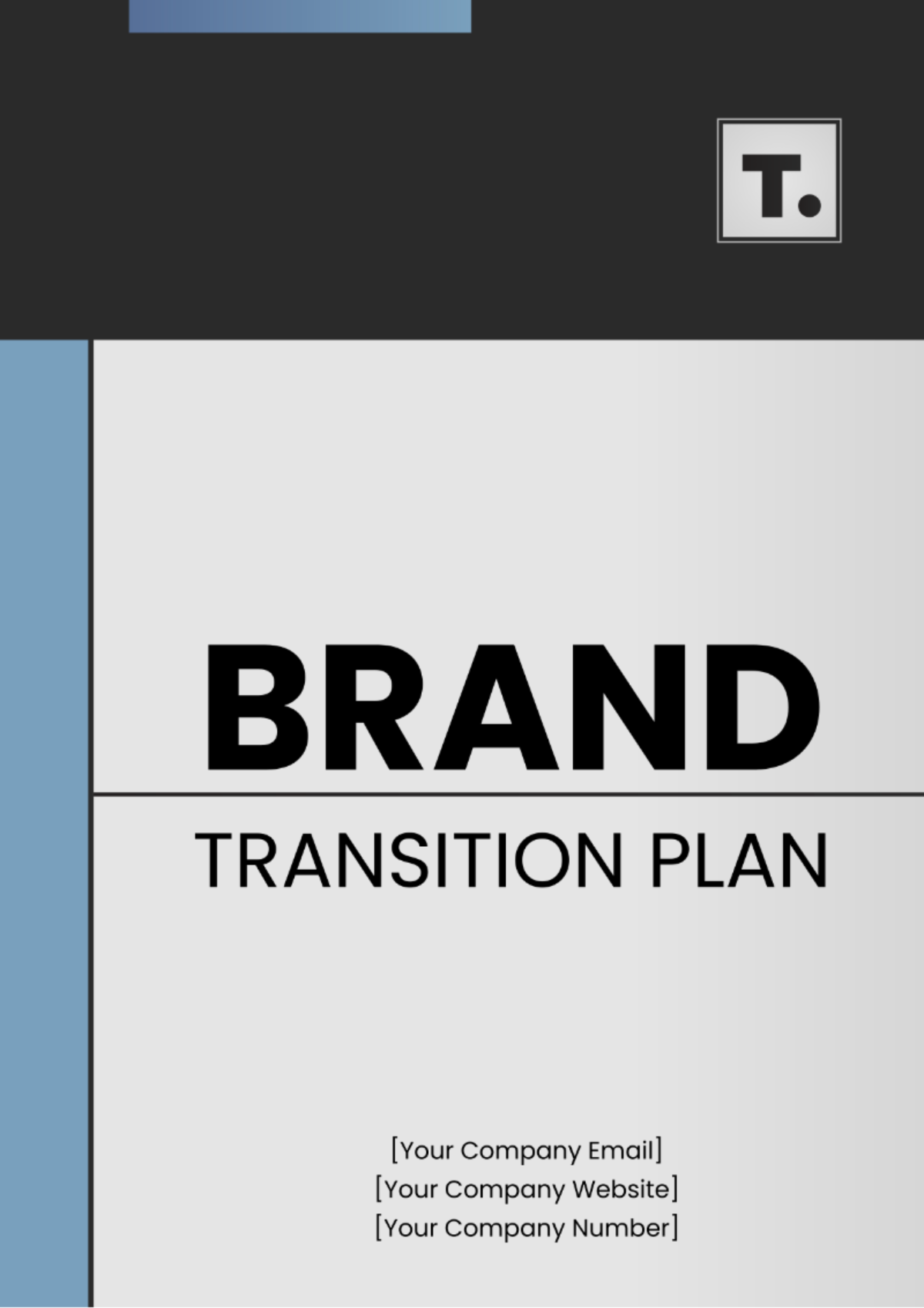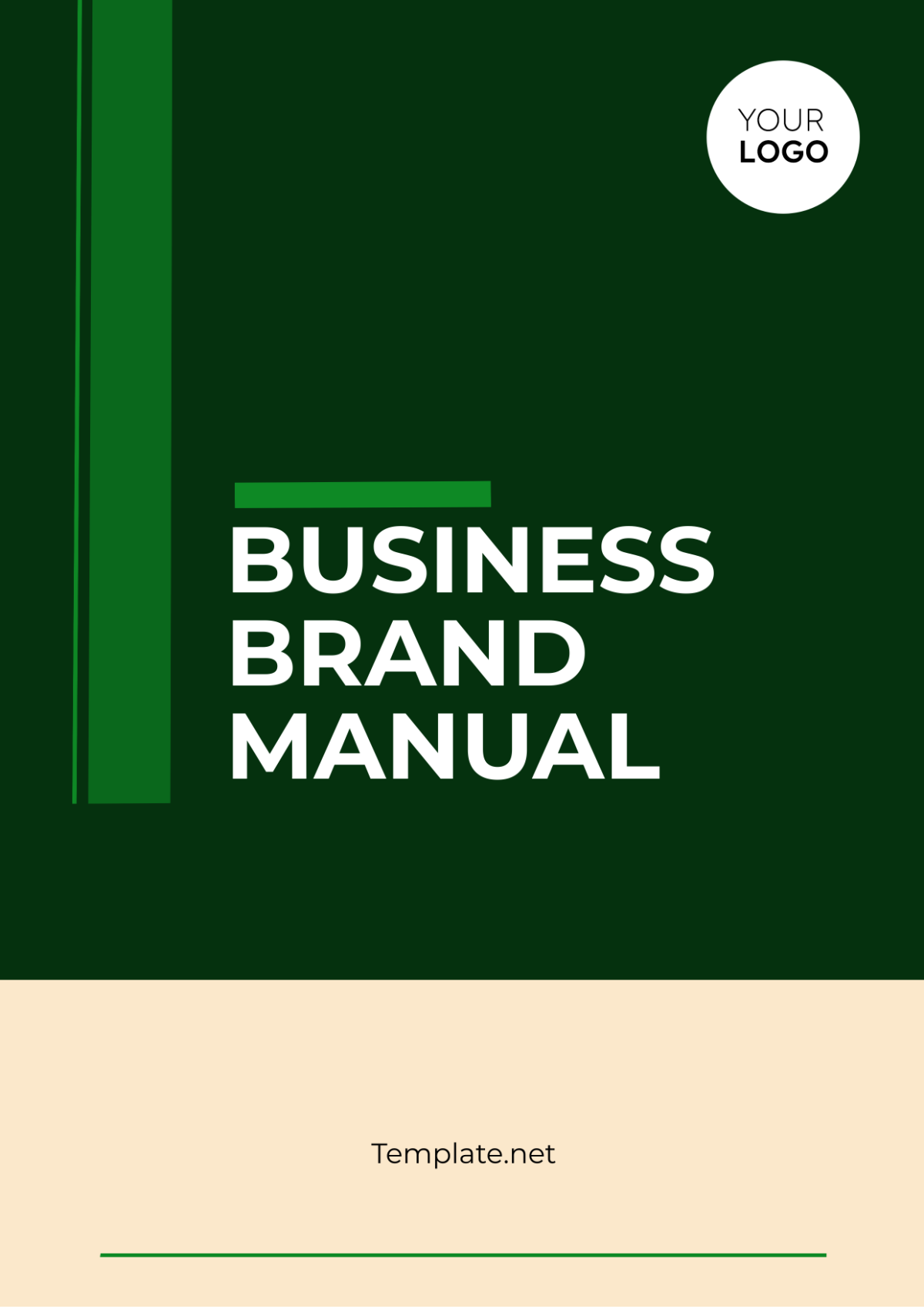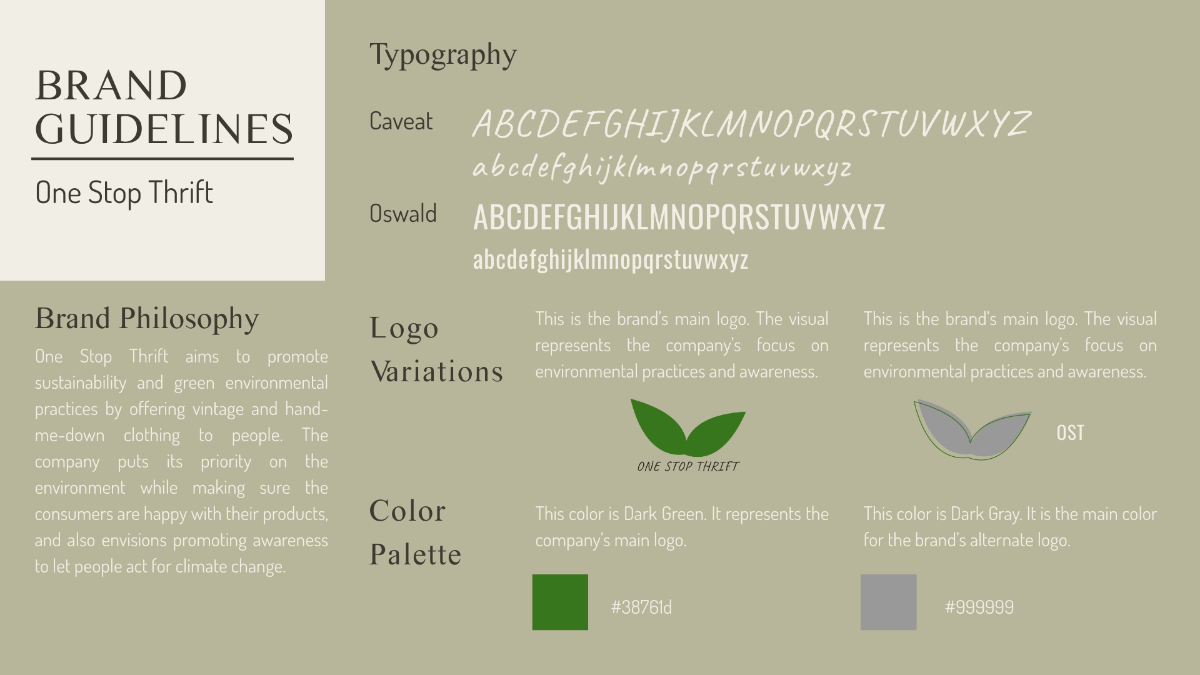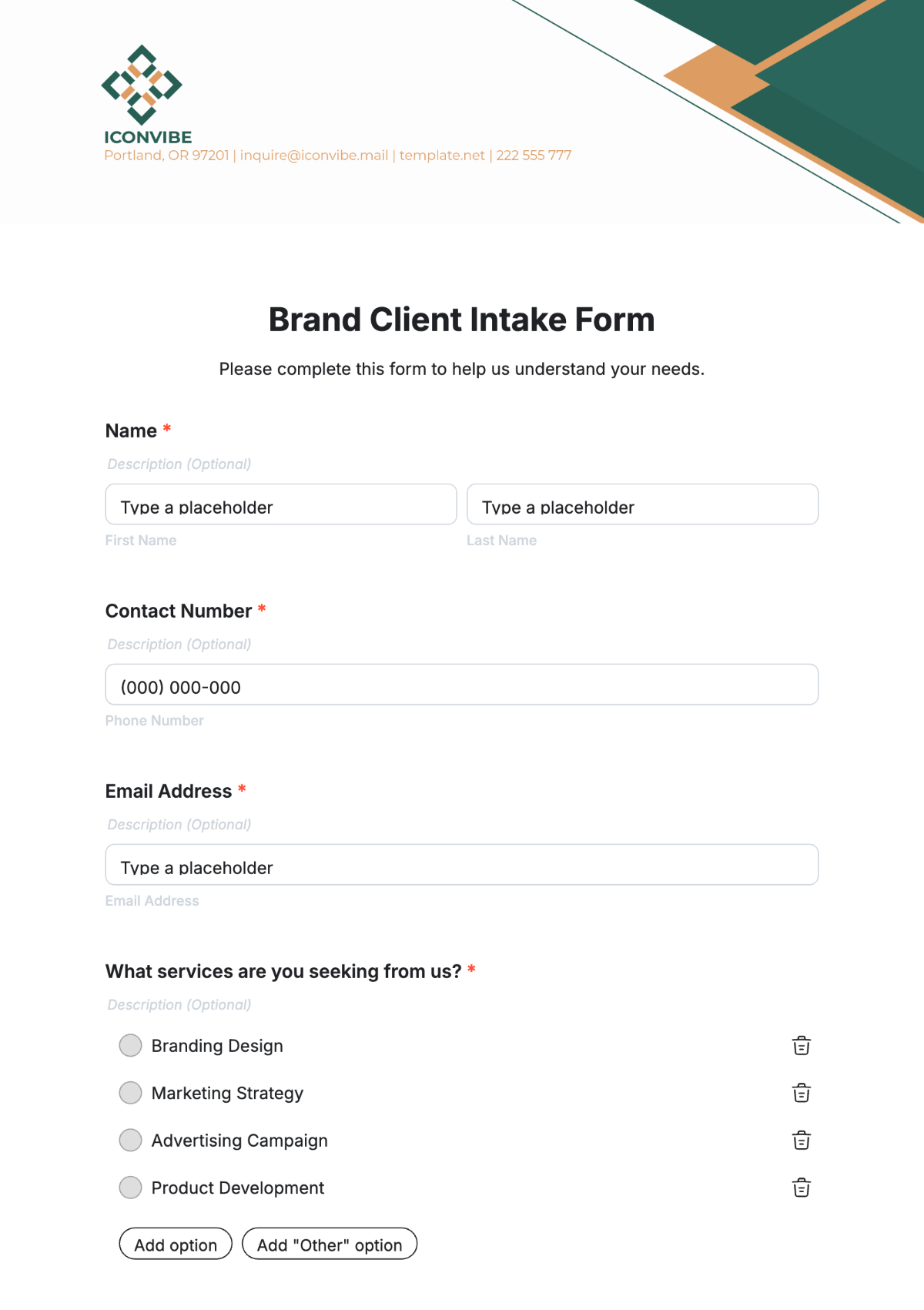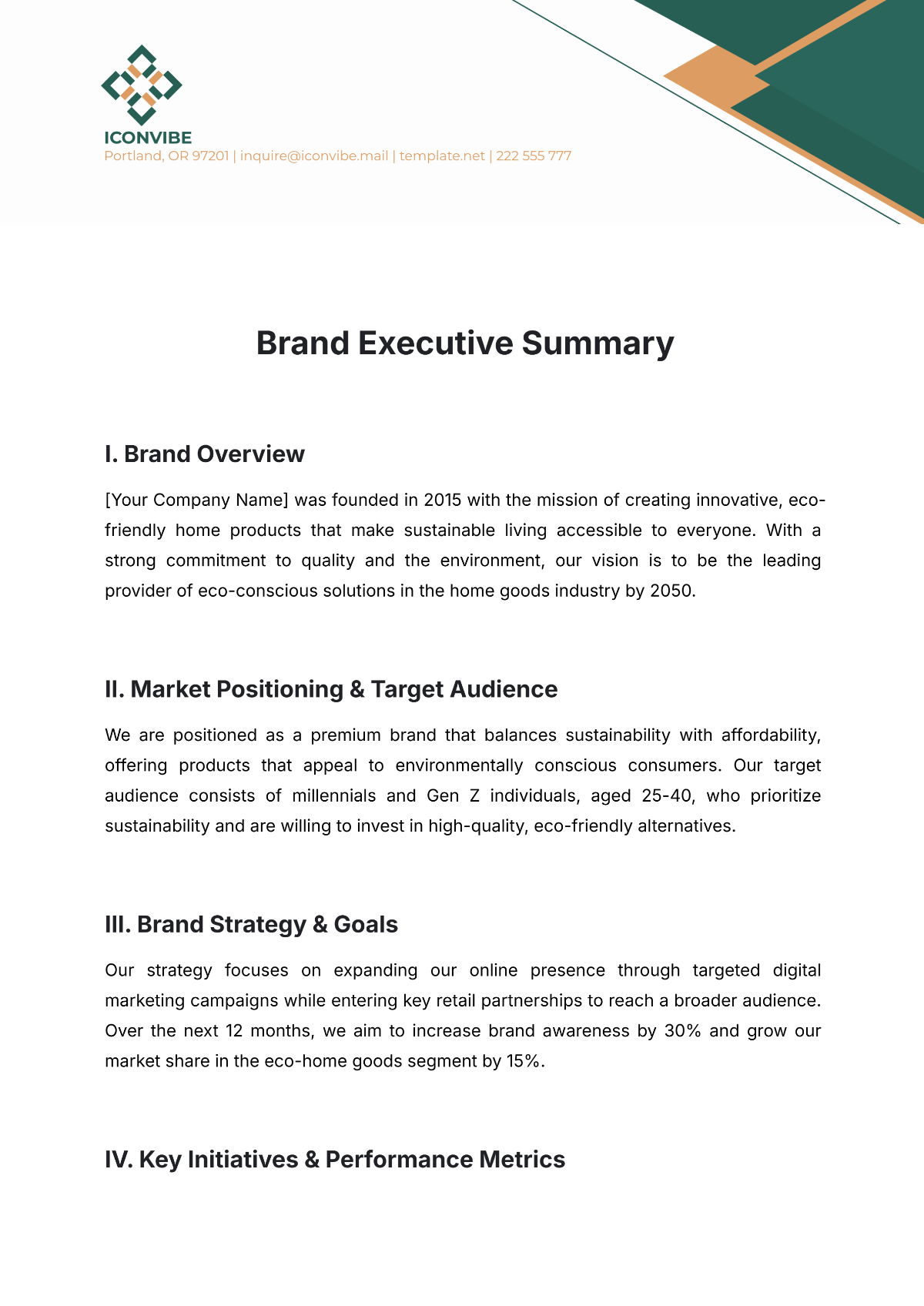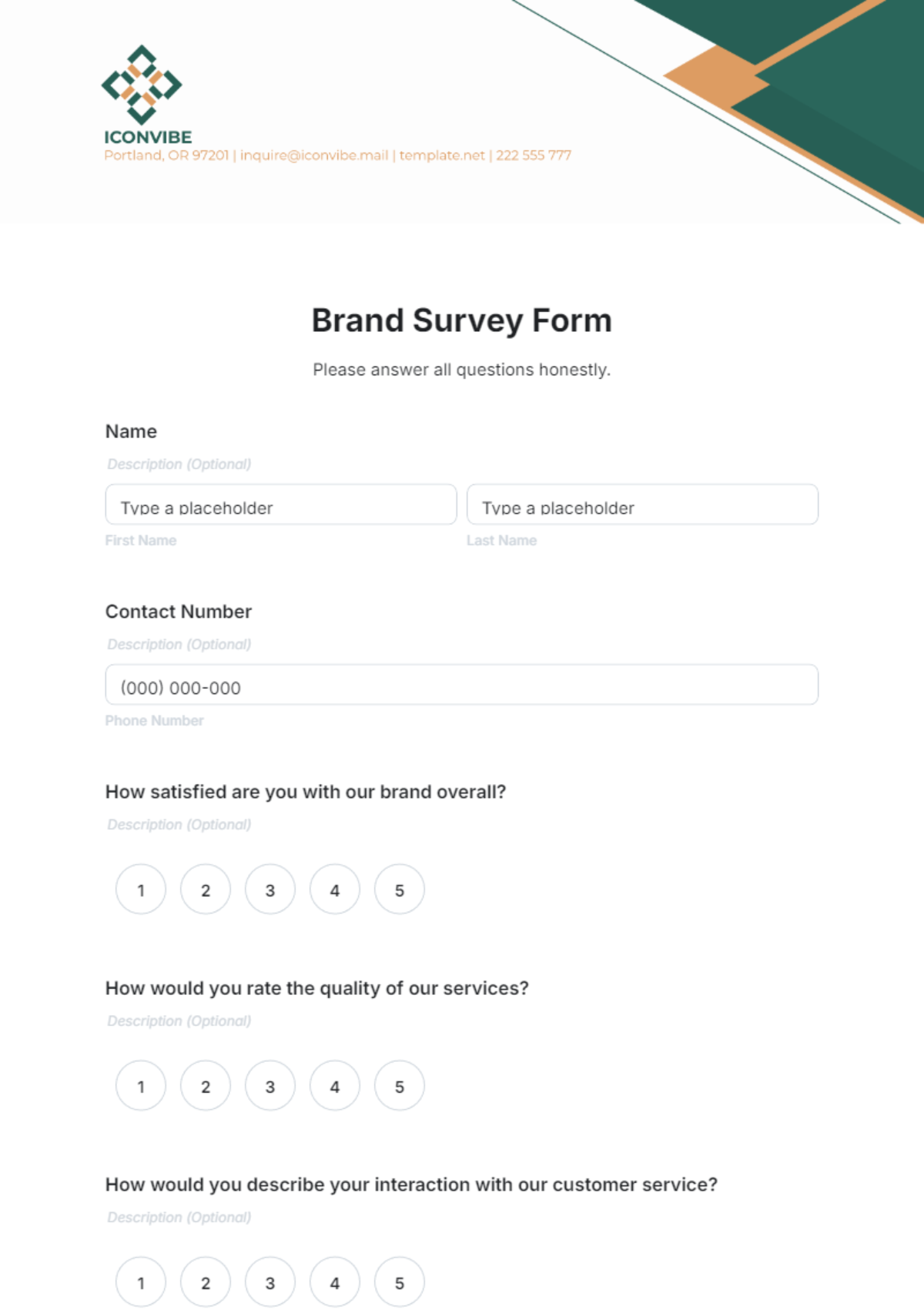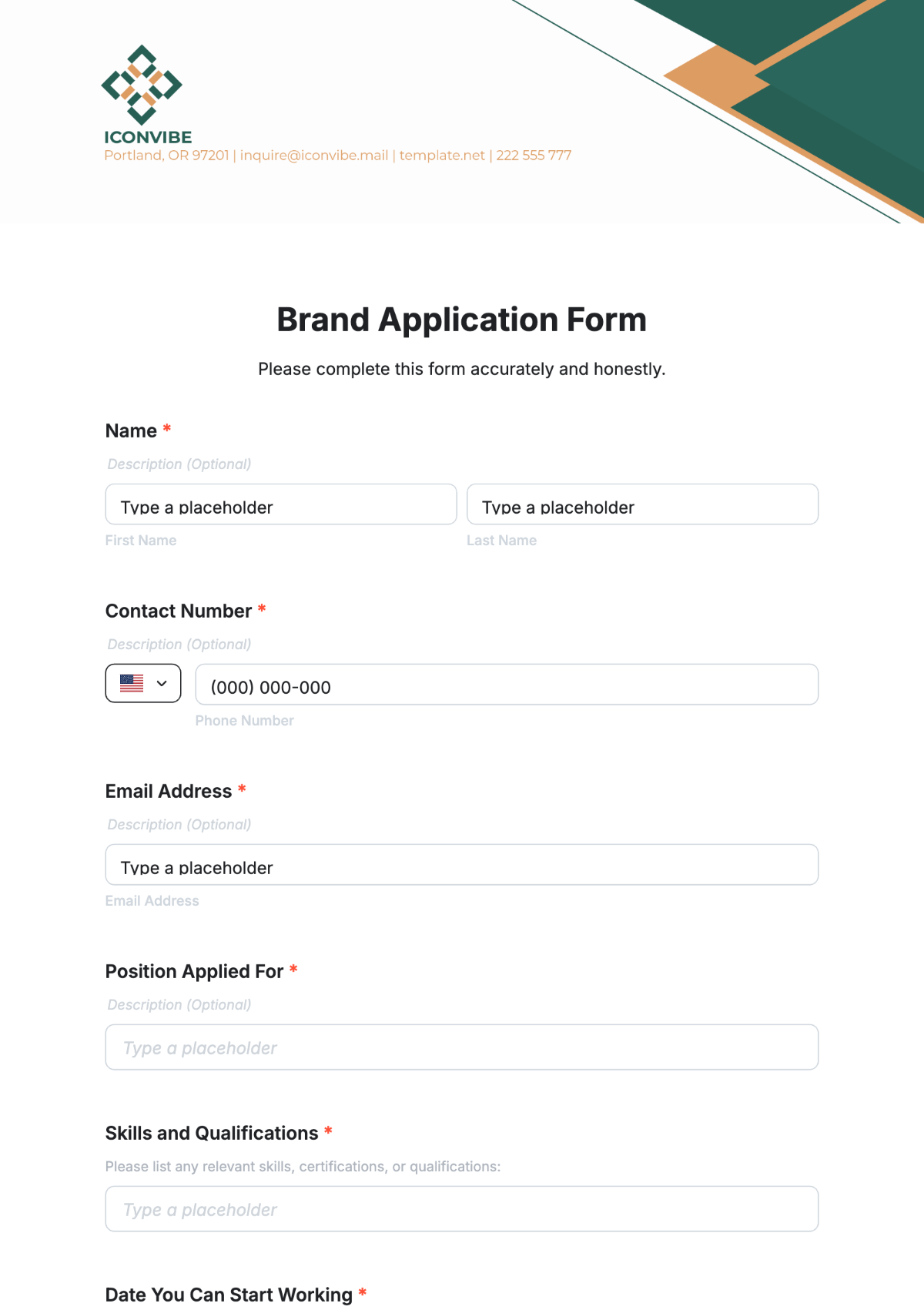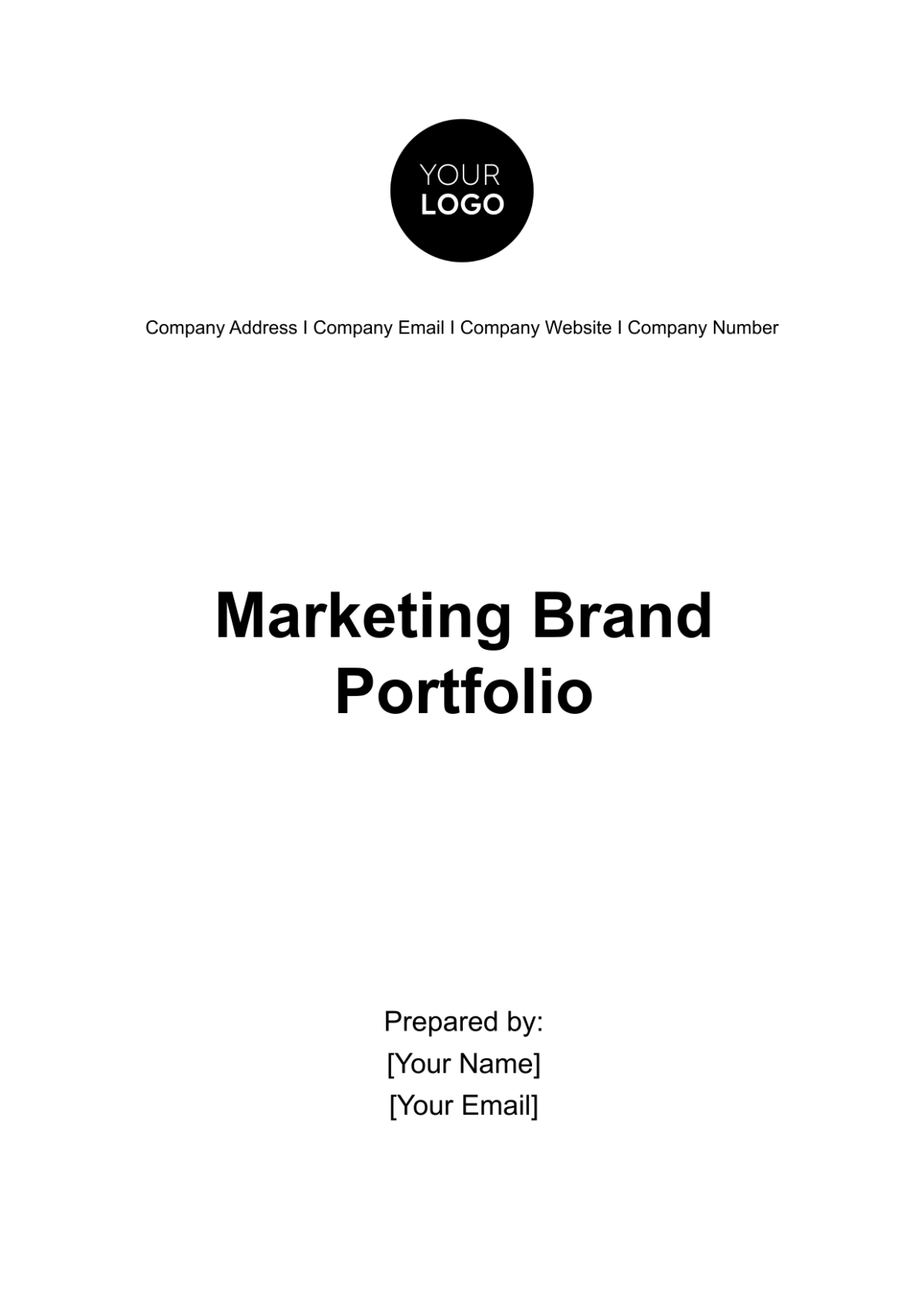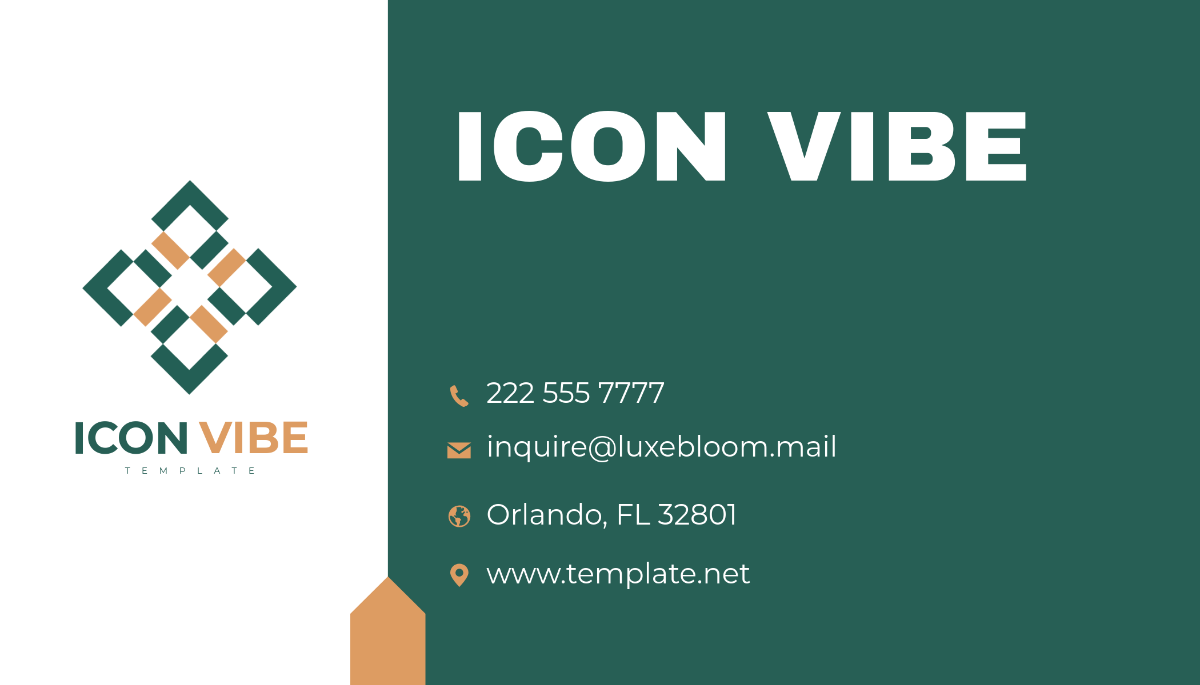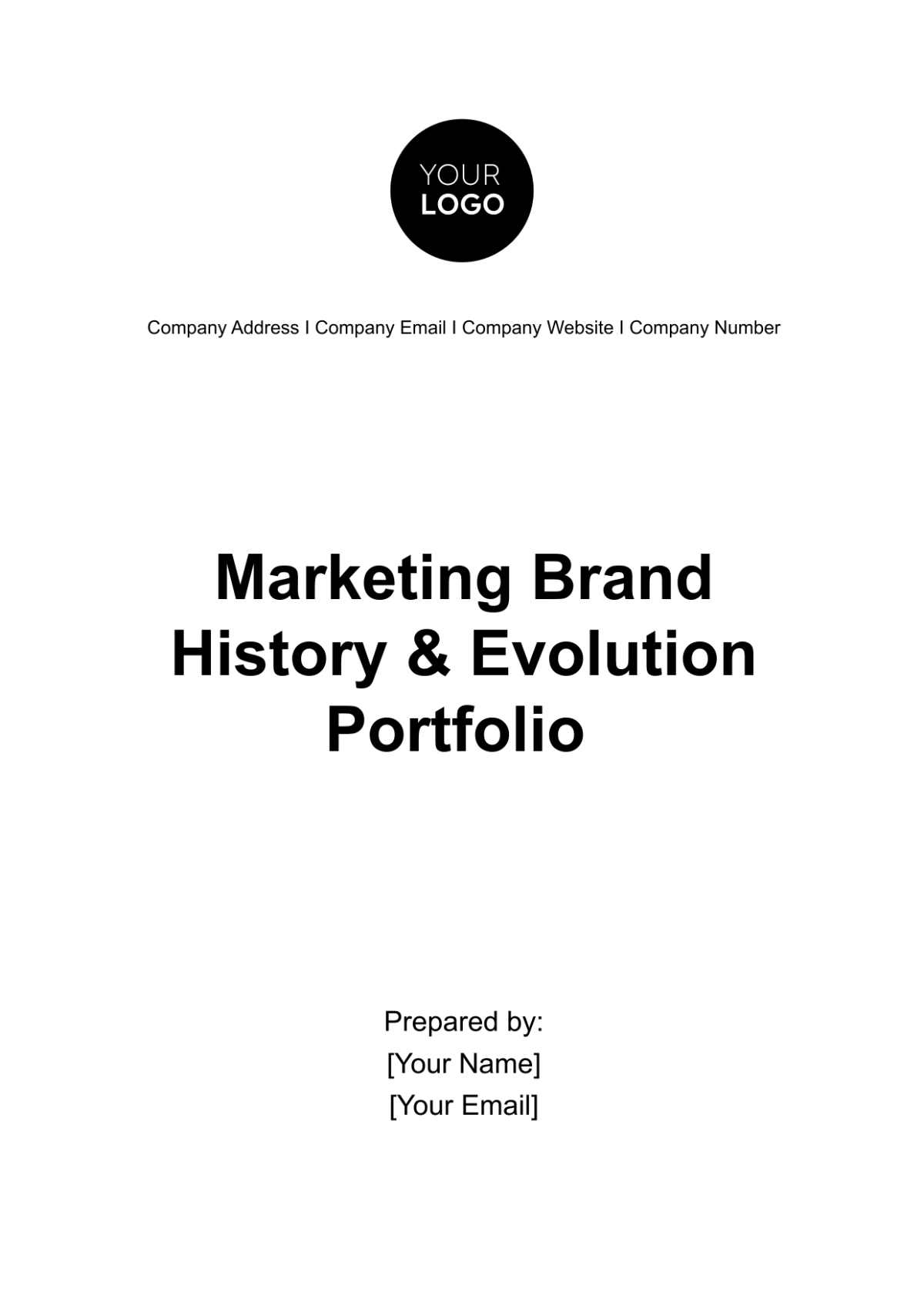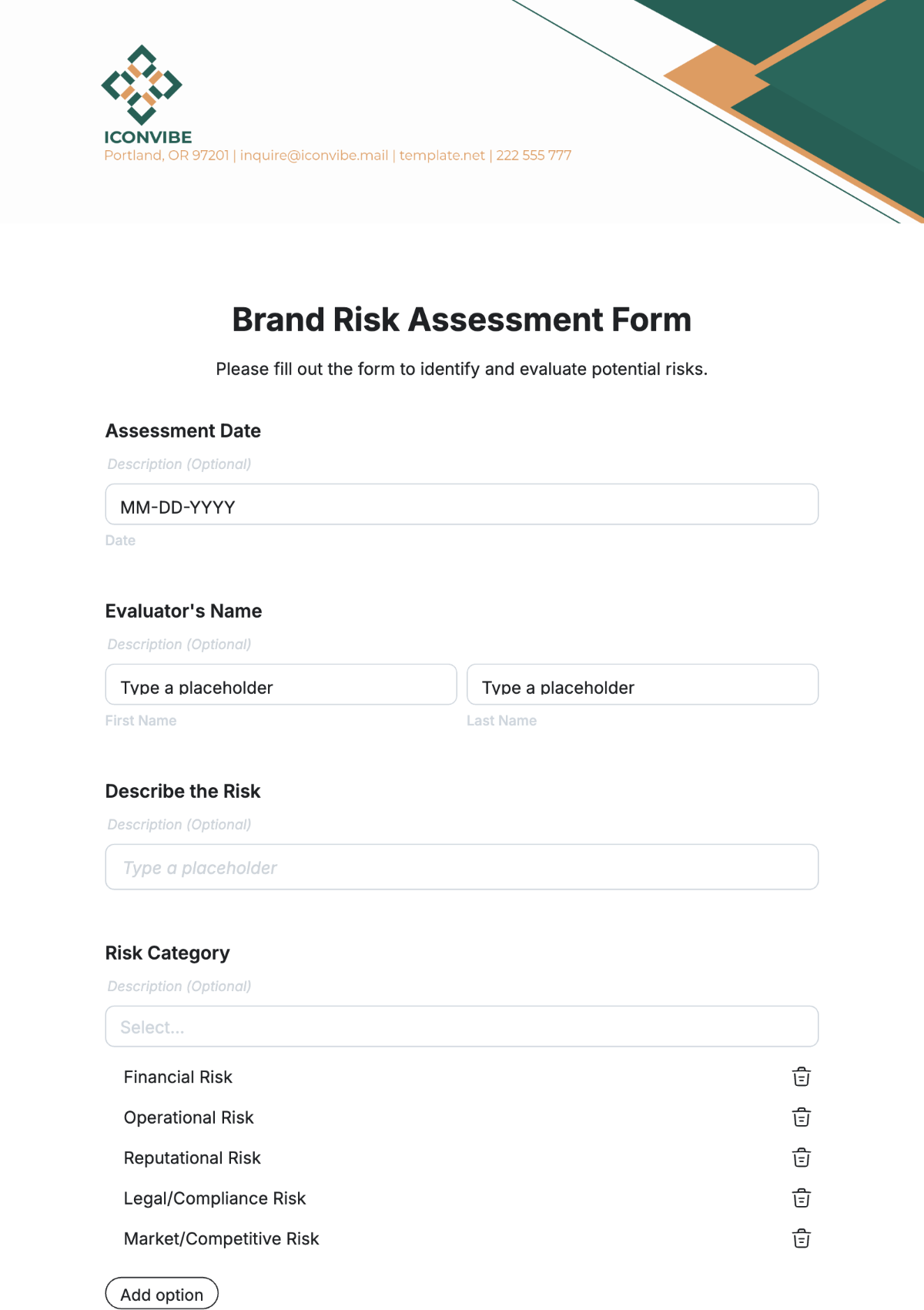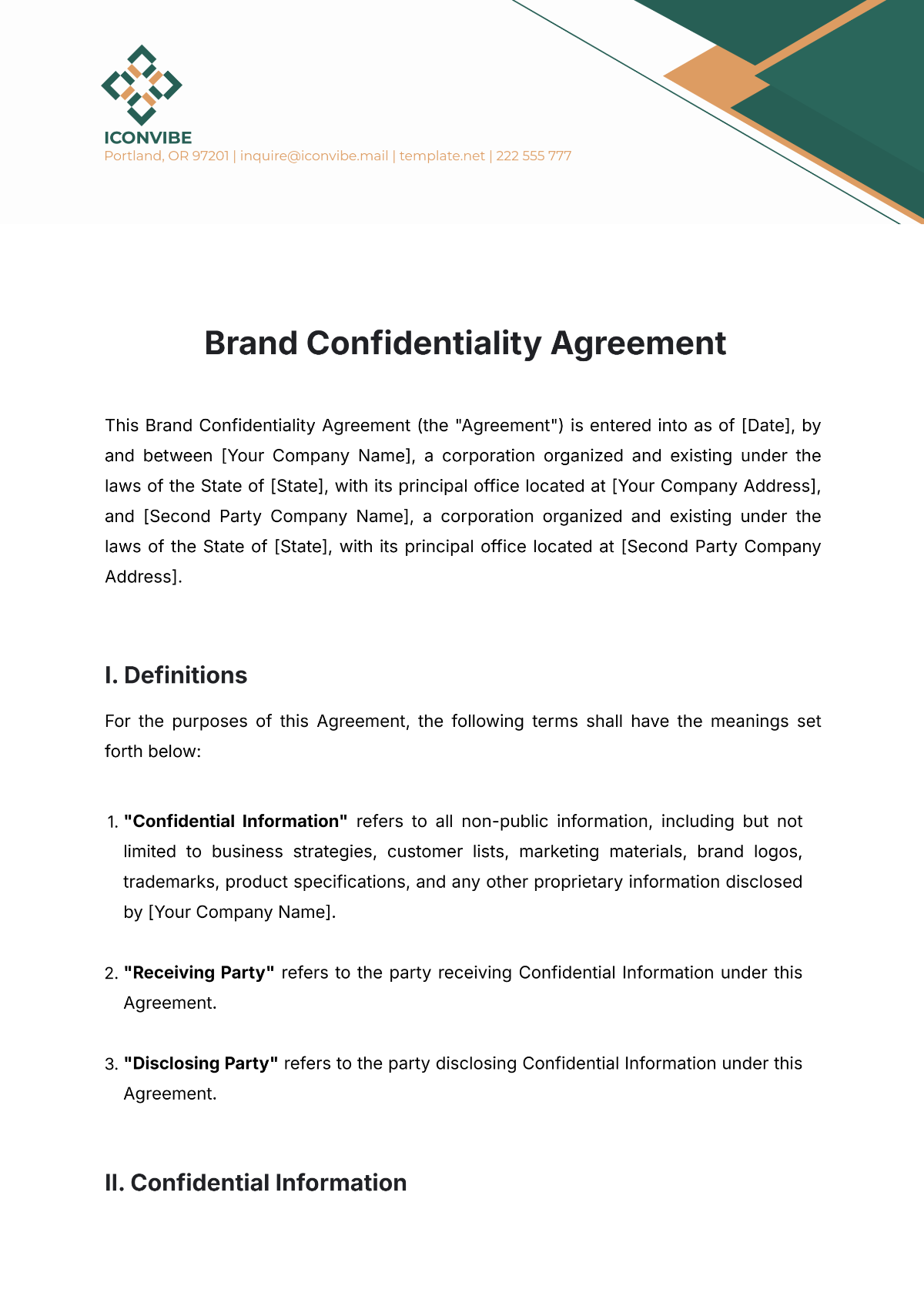Brand Positioning Methodology
I. Introduction
The Brand Positioning Methodology Template outlines a strategic approach to define and communicate our brand’s unique value in the marketplace. This template aims to establish a clear and compelling position that resonates with our target audience and differentiates us from competitors.
II. Market Analysis
Target Market:
Demographics: Age 25-45, professionals, middle to upper income.
Psychographics: health-conscious, tech-savvy, values sustainability and innovation.
Behaviors: Regular online shoppers, frequent users of health and wellness apps.
Market Trends:
Increasing demand for eco-friendly and sustainable products.
Growth in the health and wellness industry, with a focus on personalized solutions.
Rising preference for online shopping and digital experiences.
Competitive Landscape:
Competitors: Competitor A (strong in eco-friendly products but weak in innovation); Competitor B (strong in technology but lacks sustainability focus).
Strengths: Wide product range, established brand reputation.
Weaknesses: Limited innovation, high prices.
III. Brand Analysis
Brand Essence:
We are a forward-thinking brand dedicated to delivering sustainable and innovative health solutions.
Brand Strengths:
Cutting-edge technology integration.
Strong commitment to environmental sustainability.
Personalized customer experience.
Brand Weaknesses:
Relatively new market presence.
Higher price point compared to some competitors.
IV. Positioning Strategy
Positioning Statement:
For health-conscious and tech-savvy professionals, [Brand Name] offers innovative and eco-friendly health solutions that combine technology and sustainability, unlike traditional brands that focus solely on one aspect.
Unique Selling Proposition (USP):
Our products integrate the latest technology with sustainable materials, providing a unique blend of innovation and eco-consciousness.
Brand Promise:
We promise to deliver cutting-edge health solutions that are both effective and environmentally responsible.
V. Positioning Framework
Positioning Map:
X-Axis: Technology Integration (Low to High)
Y-Axis: Sustainability Focus (Low to High)
[Brand Name] is positioned in the High Technology Integration and High Sustainability Focus quadrant.
Perceptual Mapping:
Customers perceive [Brand Name] as a leader in combining technology with sustainability, contrasting with competitors who either focus heavily on one aspect or have a more traditional approach.
VI. Implementation Plan
Marketing Strategy:
Leverage digital marketing channels, including social media and targeted online ads.
Develop content that highlights our technological innovations and sustainability efforts.
Partner with influencers and thought leaders in the health and wellness industry.
Messaging:
“Innovating Health Solutions with a Sustainable Future in Mind.”
“Experience the Fusion of Technology and Eco-Consciousness.”
Brand Touchpoints:
Website: Updated with new product features and sustainability initiatives.
Social Media: Regular updates, customer testimonials, and interactive content.
Customer Service: Emphasize personalized support and eco-friendly practices.
VII. Monitoring and Evaluation
KPIs and Metrics:
Brand Awareness: Increase in website traffic and social media engagement.
Customer Satisfaction: Positive feedback and higher NPS (Net Promoter Score).
Sales Performance: Growth in sales and market share.
Feedback Mechanisms:
Customer surveys and reviews.
Social media listening tools to track brand perception and customer sentiment.
VIII. Conclusion
This brand positioning methodology aims to establish [brand name] as a pioneering force in the health solutions market, combining technology and sustainability. By implementing this strategy, we expect to strengthen our market presence, enhance customer loyalty, and drive growth.




